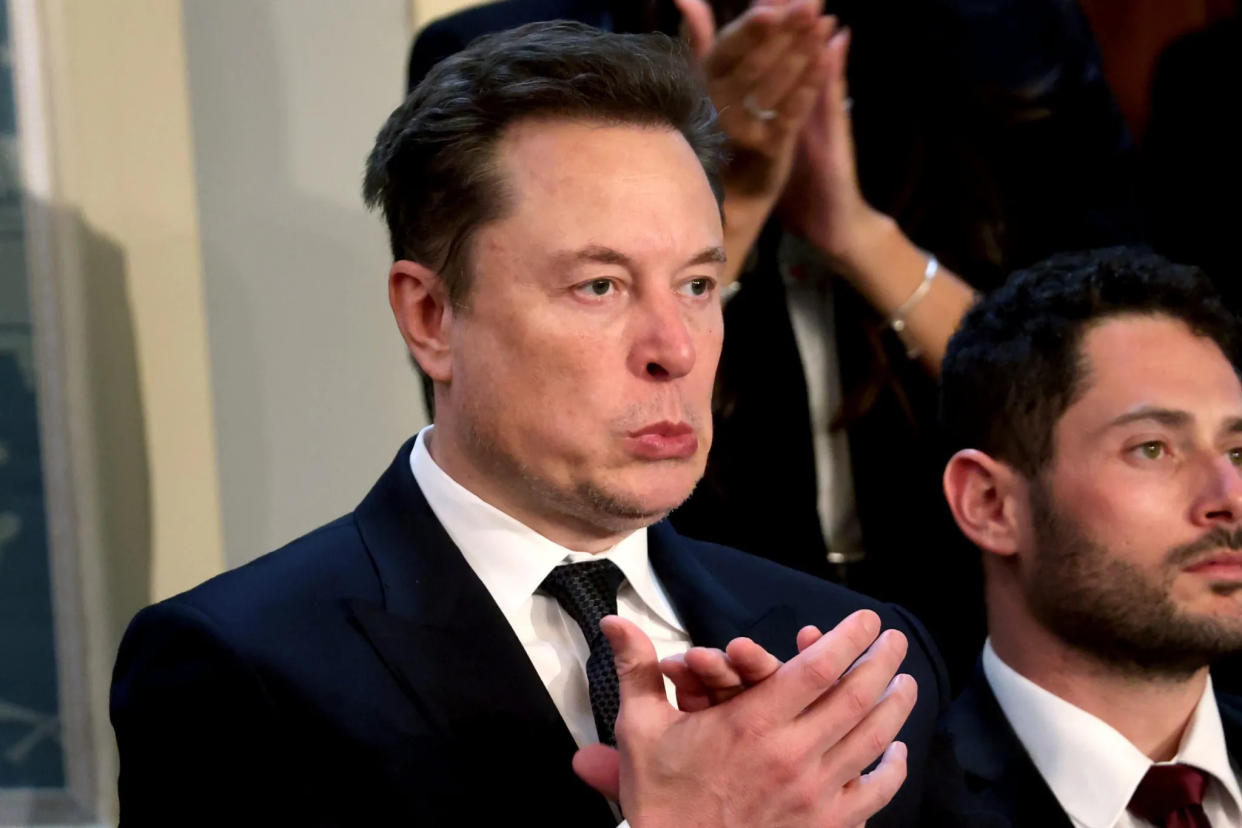People trying to access Elon Musk’s X in Brazil face daily fines greater than their annual wage

Users of Elon Musk’s X in Brazil who skirt a ban of the platform risk daily fines surpassing the average annual wage in Latin America’s largest economy.
X, formerly Twitter, was shut down this weekend after the company refused to comply with demands to name a new legal representative in Brazil, home to an estimated 40 million active users. The previous representative resigned rather than face the threat of possible imprisonment for any alleged crimes the company may have committed.
Now anyone caught accessing the site via a virtual private network (VPN) could end up paying 50,000 Brazilian reais ($8,910), far in excess of the 2,979 reais ($529.93) the average worker earns every month—or for that matter in a year.
Ahead of U.S. elections in November, Musk’s bitter feud with the Brazilian judicial system has become a global flash point in the debate around how far governments can go to police protected free speech in a democracy.
“In Brazil, we do not have X anymore since midnight. I am tweeting this with VPN,” posted Marcel van Hattem, a member of parliament for the country’s libertarian NOVO Party, this weekend. “I will keep tweeting regardless of state persecution or threats, because I believe in freedom of expression, democracy, and real justice.”
He called on Brazilians to take to the streets on Sept. 7 to demand Supreme Court judge Alexandre de Moraes—who imposed the ban—be impeached by the Senate and face trial.
In Brazil, we do not have X anymore since midnight.
I am tweeting this with VPN.
This tweet may cost me almost 10,000 USD according to the decision of tyrant @alexandre de Moraes, friends with @LulaOficial : every Brazilian that post on X from now on will be fined R$ 50,000…
— Marcel van Hattem (@marcelvanhattem) August 31, 2024
Musk has nearly as many followers on X as there are Brazilians
Musk has been at loggerheads with de Moraes over the latter’s demands that he cooperate in an investigation into online supporters of outgoing president Jair Bolsanaro. They helped organize the storming of government buildings in Brasília in an apparent attempt to destabilize the new administration of opponent Lula da Silva almost two years to the day of the U.S.’s own Capitol riots on Jan. 6.
Unlike in India and Turkey, where Musk caved to censorship demands, he has steadfastly refused to provide information about X’s Brazilian users. Musk has made it clear that any actions taken against him are politically motivated attacks to shut down free speech, and told supporters he would likely restrict his movement following the arrest of Telegram founder and French citizen Pavel Durov upon arrival in Paris.
Musk actively incited grievances among white working-class Britons who participated in race riots in the U.K. this summer and predicted civil war. The former chief of Twitter Europe, Bruce Daisley, has called for managers at X to “be held criminally responsible” if their inflammatory posts lead to violence or bloodshed.
In addition to being the world’s richest person, Musk boasts nearly as many followers on X as the entire population of Brazil.
“Elon Musk showed his total disrespect for Brazilian sovereignty and, in particular, for the judiciary, setting himself up as a true supranational entity and immune to the laws of each country,” Judge de Moraes wrote in his decision on Friday.
Critics argue however that de Moraes’s investigation is a veiled attempt at cracking down on political opponents. Brazil is considered a “flawed democracy” by the standards of the Economist Intelligence Unit, and failed to make it into the top 50 in the EIU’s latest annual global index ranking democracies, published in February.
X fired back by arguing it was acting in accordance with local laws the entire time.
“The fundamental issue at stake here is that Judge de Moraes demands we break Brazil’s own laws,” X claimed in a post on Friday from its official public policy account, called Global Government Affairs. “We simply won’t do that.”
Musk and X were not reachable by Fortune for further comment.
This story was originally featured on Fortune.com






